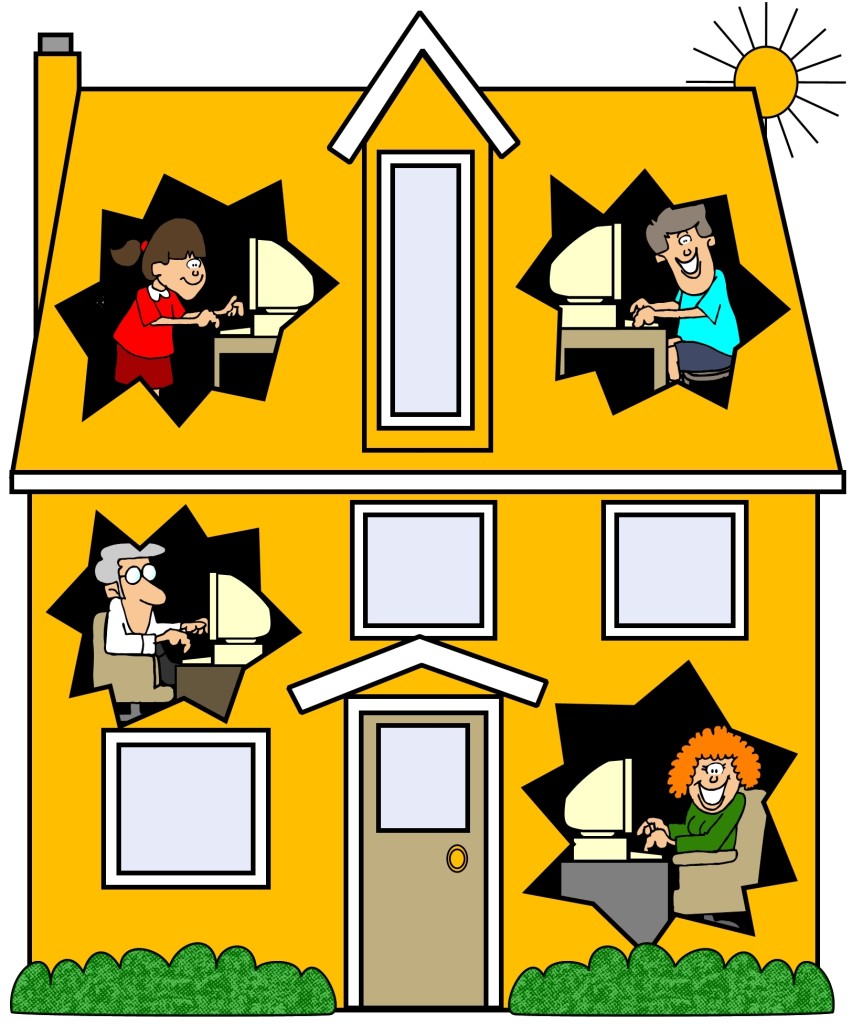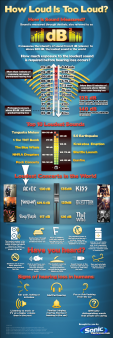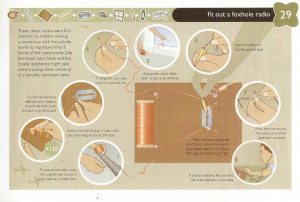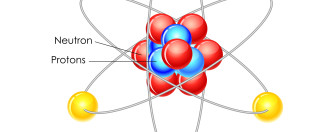How the Internet Works
Ever wondered how the Internet actually works? How did you get the information on this page into your computer? How is it possible for people around the world to share information without getting all messed up in a global traffic jam?
Using your computer, you can access information (text, pics, vids) stored on other computers in other parts of the world by connecting to them in the right way, just like houses and businesses are all connected using road networks.
Hardware – The Internet is really a collection of cables connecting users together.
= roads that connect us and allow us to drive around cities and countries
Server – a computer that stores websites. Servers allow clients to connect to them and access their information from anywhere in the Internet.
= a mall, and each website saved on it is a shop in the mall
Clients – The computers that use the Internet: laptops, desktops, mobile phones, tablets, etc. Every client has its own unique address called an Internet Protocol (IP) address.
= a house or shop with its own unique street address
Internet Service Provider (ISP) – company that owns some Internet infrastructure and sells access to its network so that clients can use it
= city with its own road networks, paid for with road tax (visitors can use the roads for free)
Routers – computers that controls traffic of messages between points on the Internet. They keep information going where it should and away from the places it should not.
= trip planners, which choose the best route to travel
Domain Name Servers (DNS) – servers that save lists of webpage names and direct traffic to the correct hosting servers
= city phone book listing addresses
Protocols – rules controlling the transfer of information, so that all parts of the Internet can connect to all others, and so all the machines connected can understand each other
= traffic rules that all cars need to follow to avoid accidents (ex. driving on only one side of the street)
Network Access Points (NAPs) – agreed points of connection between ISPs which allow users to connect to other parts of the Internet
= points where the roads in one city connect to state or provincial highways









